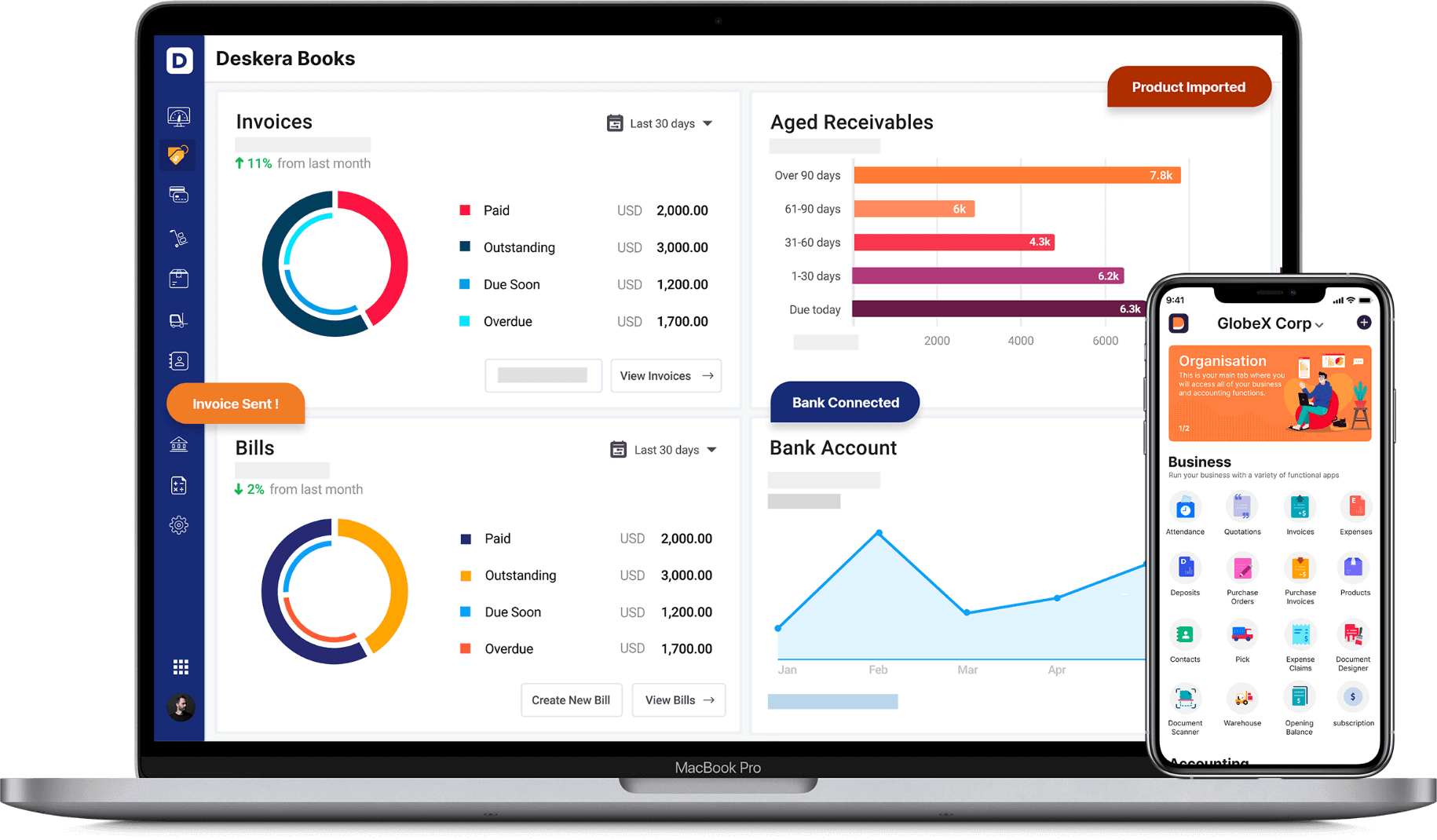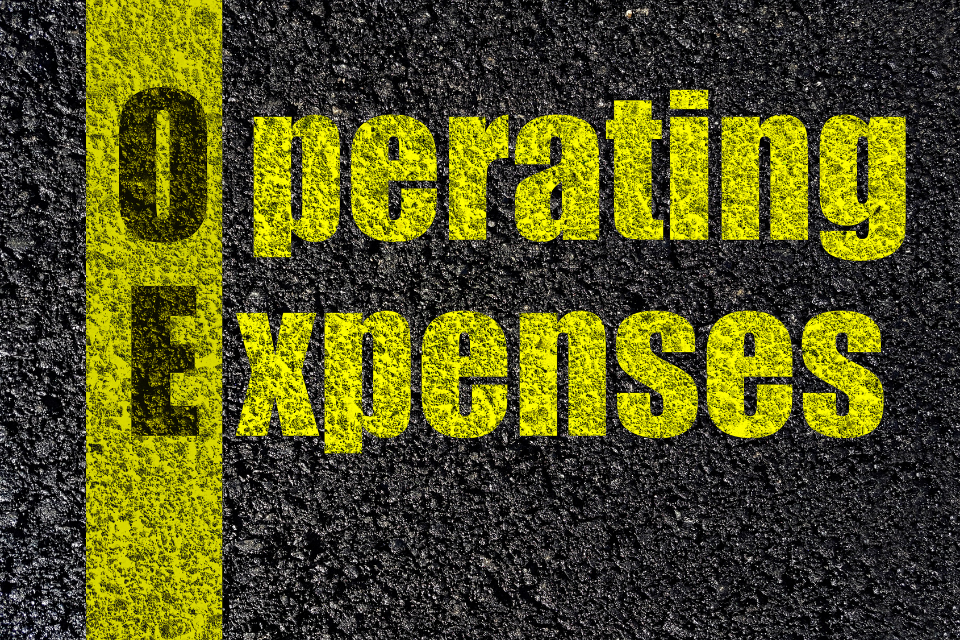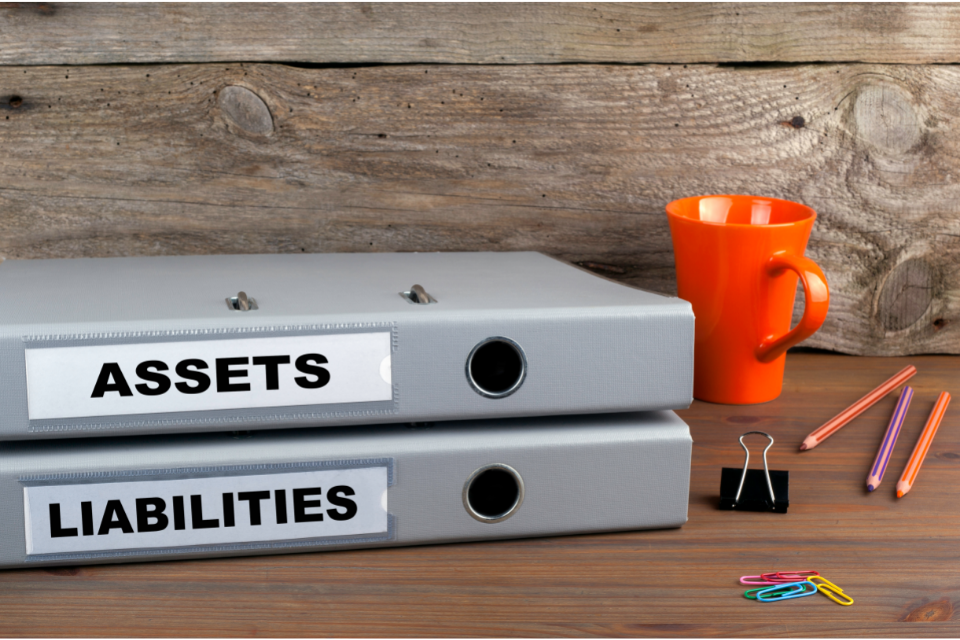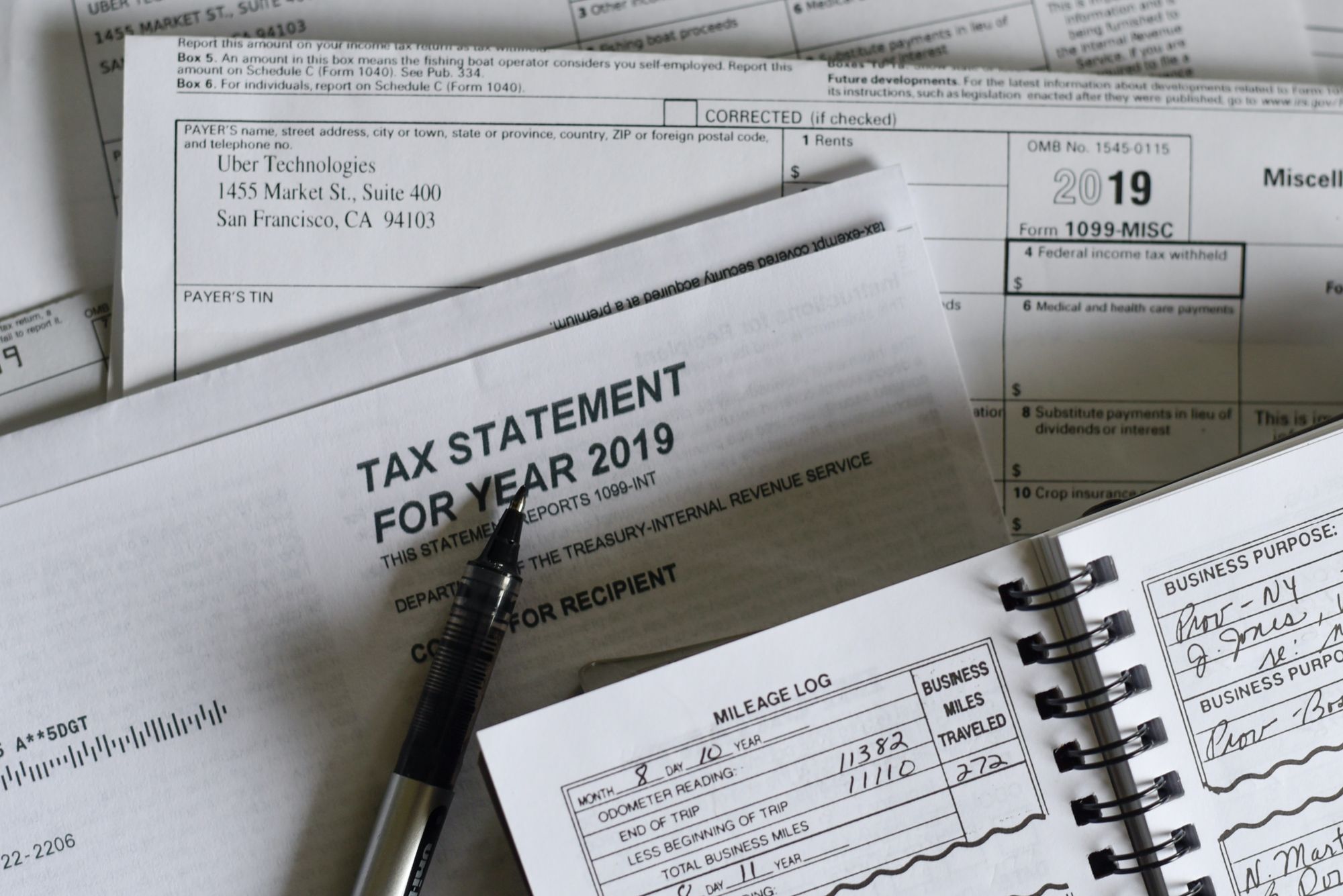Jeff is a store owner who has always had trouble creating his annual balance sheet as he has been noting revenue and expenses on real-time bases. Unaware of the accrual basis of accounting, he had to hire professional accountants to handle the same. But with the complete know-how of recording revenue and expense beforehand, creating financial statements has become an easy task for him.
The accrual basis of accounting is the concept of recognizing and recording revenue as income earned and recognizing costs as expenses that are incurred. Applying this approach also affects the balance sheet, allowing you to recognize accounts receivable or payable even if you do not receive or pay the associated cash.
Table of Contents
- What Is The Accrual Basis Of Accounting?
- There are two main types of accounting:
- Example of accrual basis of accounting
- Accrual Basis Of Accounting - Best Practices
- Types Of Accrual Basis Of Accounting
- Benefits Of Accrual Basis Of Accounting
- Disadvantages Of Accrual Basis Of Accounting
- When Should The Accrual Basis Of Accounting Be Avoided?
- What Is The Modified Accrual Basis Of Accounting?
- Does The IRS Require An Accrual Basis Of Accounting For Companies?
- Accrual Basis Of Accounting Vs. Cash Accounting
- For example
- Conclusion
- Key Takeaways
What Is The Accrual Basis Of Accounting?
Accrual basis of accounting is a method of financial accounting method that lets you recognize income before you receive payment for goods and services sold by a company, and recognize costs incurred before a company pays. In simple words, it is a pre-recording of revenue generated, cash transactions, and expenses incurred in the company's books, regardless of when the transaction took place.
There are two main types of accounting:
- Accrual basis of accounting
- Cash accounting
Cash accounting, on the other hand, does not record sales until a cash transaction for goods and services is made. The accrual basis of accounting is supported under both – GAAP - Generally Accepted Accounting Principles and IFRS - International Financial Reporting Standards (IFRS).
There are certain guidelines you need to follow to account for revenue and expense transactions that eventually trigger the recognition of transactions under cash basis accounting.
Example of accrual basis of accounting
This methodology of accounting is based on estimates in specific areas. For example, Jeff’s furniture and furnishings store needs to be aware of the costs of estimated bad debts that have not yet occurred. In this way, he will create a record of all costs associated with revenue transactions in his profit and loss statement along with the revenue reflecting an operating profit.
Similarly, you can record product returns, sales discounts, and a tentative figure of obsolete inventory which are not completely accurate but can give businesses a fair idea of what it is processing. Such estimates can lead to significantly faulty financial statements, so there is a need to be proactively engaged in keeping a tab on accrued revenue and cost before you make the final balance sheet.
Accrual Basis Of Accounting - Best Practices
If you use the accrual basis of accounting to record transactions, be sure to fully document why the adjustment entry was made. This is necessary so that those who later see the reason for the entry can better understand why the entry was created. This is especially important if the verifying party is an external auditor of the company.
Another best practice is to set the reconciliation transaction to be automatically revoked during the next period. This eliminates the risk that the accounting system will flush the postings and detect drifting postings in the accounting slip as part of the year-end closing, eliminating the need to cancel them.
Types Of Accrual Basis Of Accounting
The accrual basis of accounting involves accrued income, accrued expenses, accounts receivable, and accounts payable. Accounts receivable include the amount charged to customers who have not yet paid, and accounts payable include the amount charged to the supplier but not yet paid. The Revenue Account receivable contains the amount earned that has not yet been charged to the customer.
The accrual account contains the amount that the supplier has not yet charged, but the goods have already been delivered or the service has been provided.
Benefits Of Accrual Basis Of Accounting
The accrual basis of accounting tends to recognize income and expenses more equally over time, making it the most effective accounting system for investors to determine a company's performance, financial position, and cash flow.
It helps record revenue and expense within the same reporting period to show the full range of profits and losses associated with a particular business transaction.
Disadvantages Of Accrual Basis Of Accounting
The main drawback of the accrual basis of accounting is that it may indicate the existence of profits even if the associated cash inflow has not yet been realized. The result can be a profitable business that, despite reported profitability, is at risk of bankruptcy due to lack of funds.
Therefore, you need to pay attention to the company's actual financial statement and cash flow statement, which shows the cash flow in and out of the company.
When Should The Accrual Basis Of Accounting Be Avoided?
Small businesses may choose to avoid using the accrual basis of accounting when they require some accounting experience. Small business owners can also choose to adjust the timings of cash inflows and outflows to generate less taxable income than the accounting cash base which may defer income tax payments.
What Is The Modified Accrual Basis Of Accounting?
A modified accrual basis of accounting is a combination of several elements of cash and accrual basis of accounting. It signifies the current flow of funds in the government's financial statements and is broadcasted by the Governmental Accounting Standards Board. The modified accrual basis of accounting has two main characteristics:
Sales are considered only when they are measurable and available. Revenue is considered only when it is available to fund the current in the coming 60 days, and when the associated cash flow can be reasonably estimated.
The cost cannot be estimated until the liability is incurred based on the accrual basis of accounting (no depreciation), except that inventories and prepaid items are expensed immediately at the time of purchase and the assets are expensed at the time of purchase.
Does The IRS Require An Accrual Basis Of Accounting For Companies?
The IRS does not require every company to have a single accounting policy, but it does impose certain restrictions that affect the accounting policies available to the company. For example, if a company (excluding S corporations) is more than $ 26 million in 2021 and $ 27 million in 2022, that company cannot use the cash method. In these situations, the IRS requires the company to switch to an accrual basis of accounting policy.
Accrual Basis Of Accounting Vs. Cash Accounting
The accrual basis of accounting is in contrast to cash accounting, which recognizes transactions only when there is a cash exchange. Companies that own inventories or sell on credit almost always require an accrual basis of accounting.
For example
Jeff owns a furnishing house that offers $5,000 products to its clients on 21st April. The client made an accrual cash payment on 30th April.
Under the cash accounting method, sales generated of $5,000 which shows a revenue will be recognized on 30th April, when the company receives the payment.
However, under the accrual basis of accounting, this $5,000 revenue is when the client's service is complete but has not yet received cash payments from the client. Under this accounting method, $5,000 will be recorded as revenue on 21st April under the accounts receivable section of the balance sheet. Accounts receivable represents the amount of money a customer has to pay that has not yet been received.
Conclusion
Companies that incur accrued costs recognize operating costs on the day they are incurred. According to the accrual basis of accounting, an entity that receives goods or services by credit must report its liabilities by the date the goods are received. Expenses incurred are recognized as liabilities in the current liabilities section of the balance sheet and as expenses in the income statement.
When an invoice is paid in the general ledger, it is debited from the vendor account and credited to the cash account. Another difference is that cash accounting is easy to handle and can be handled with less accounting knowledge whereas the accrual basis of accounting needs a thorough knowledge of accounting principles and extra time to be given to accounting methods.
How can Deskera Help You?
Deskera Books can help you automate your accounting and mitigate your business risks. Creating invoices becomes easier with Deskera, which automates a lot of other procedures, reducing your team's administrative workload.

Learn about the exceptional and all-in-one software here:
Key Takeaways
- The accrual basis of accounting recognizes revenues or expenses when a transaction occurs, rather than when payments are received or made
- This method of accounting follows the theory of matching principle that is revenues and expenses to be recorded in the same period
- Cash accounting, on the other hand, recognizes transactions only when revenue is earned and expenses are incurred involving no estimates
Related Articles











